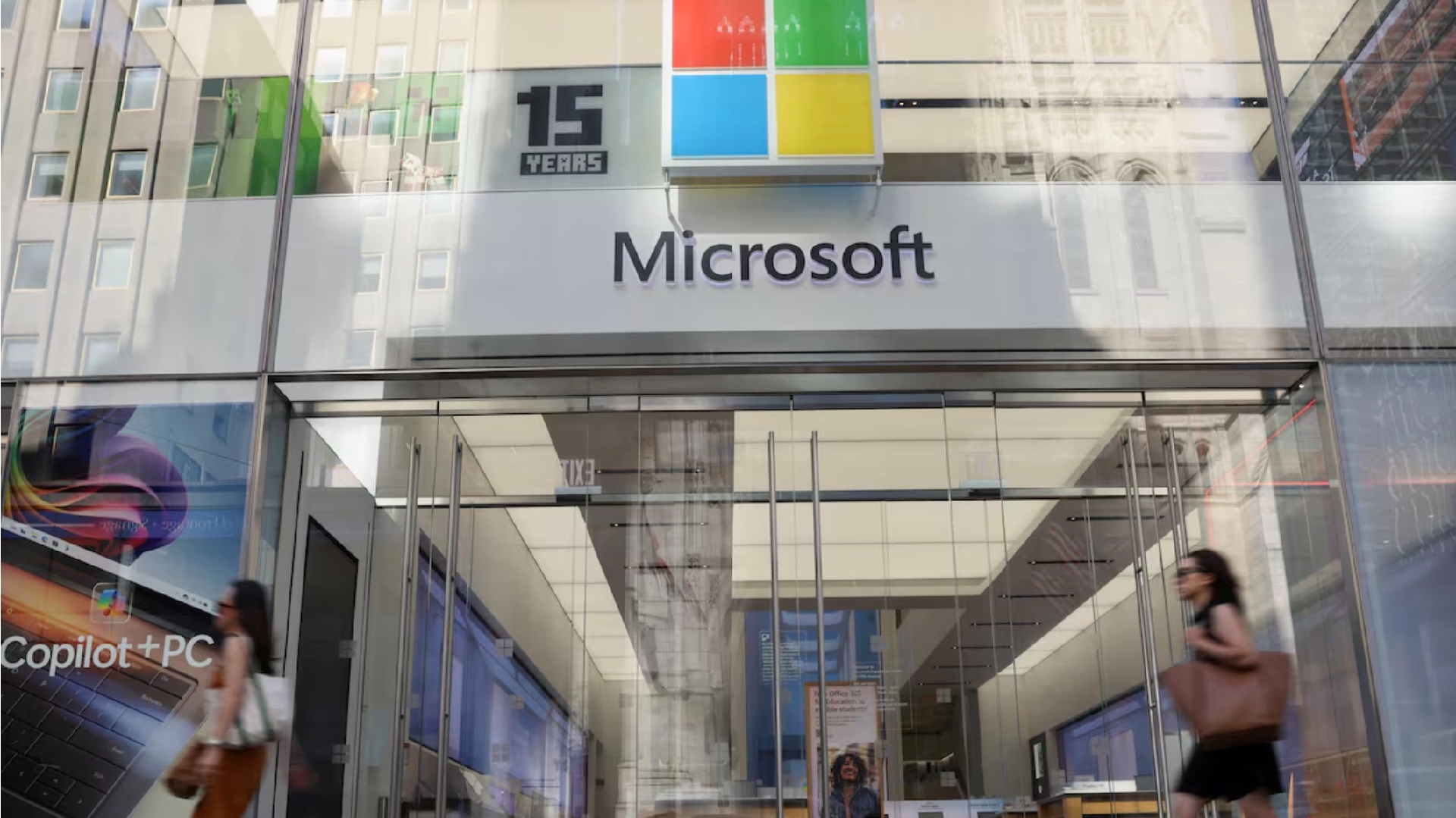Microsoft plans to use Three Mile Island site for AI energy requirements
On Friday, Microsoft and Constellation Energy unveiled a significant agreement aimed at reopening the partially melted-down Three Mile Island nuclear plant. As part of the deal, the tech company has committed to purchasing all the power generated by the plant for a duration of 20 years following its restart.

This partnership is unprecedented as it revives a decommissioned U.S. nuclear plant and designates a single customer for all of a commercial nuclear power plant's output for the first time.
The initiative aims to cater to the escalating energy needs of Microsoft's artificial intelligence operations by bringing the notorious Pennsylvania facility, which experienced the most severe nuclear accident in U.S. history, back online.
Owned by Constellation Energy, plans are in place to restart Three Mile Island Unit 1 by 2028, with restoration costs estimated at $1.6 billion. Unit 1 is located next to the reactor that underwent a partial meltdown in 1979, an event that triggered widespread fear and had a lasting impact on the nuclear sector.
"The nuclear power plant never should have been allowed to shut down," stated Joseph Dominguez, chief executive of Constellation, in a press release. He also noted, "This plant will generate as much clean energy as all the renewables built in Pennsylvania over the last 30 years."
The revived facility is set to supply Microsoft with 835 megawatts of electricity, sufficient to power about 800,000 homes.
On March 28, 1979, the U.S. Nuclear Regulatory Commission documented that the Unit 2 reactor core at Three Mile Island suffered a partial meltdown due to equipment malfunctions and operator errors, leading to a water pump failure and loss of coolant.
The incident emitted radioactive gases and iodine into the environment, although it was not directly linked to any casualties. Unit 2 remains sealed off, with its highly radioactive core encased in concrete.
The project reflects a growing trend among tech firms to secure dependable, emission-free energy sources to support their expanding data centers and AI technology.
However, the project faces significant challenges with regulatory approval and public concern. Constellation must undergo thorough safety evaluations by the U.S. Nuclear Regulatory Commission, which has not previously approved the reopening of a nuclear plant, with hopes to complete this by 2027.
The project's dependence on federal nuclear power tax incentives from the 2022 Inflation Reduction Act has also sparked debate about the appropriateness of using public funds to support a private entity.
Public opinion has been divided on the issue.
Comments range from sarcastic suggestions on The Washington Post's website about waste disposal to serious concerns voiced on The Verge about delaying the transition to carbon-free energy.
Yet, some community leaders see the plant's revival as economically beneficial, with projections of creating 3,400 jobs and generating $3 billion in state and federal taxes.
Pennsylvania Governor Josh Shapiro showed support for the project, noting, "The plant will safely utilize existing infrastructure to sustain and expand nuclear power in the Commonwealth while creating thousands of energy jobs," as per a Constellation press release.
Despite this, nuclear safety advocates maintain reservations.
Henry Sokolski notably told The Washington Post, "Microsoft says it will buy all of the nuclear electricity from Three Mile Island, but it wants rate and taxpayers to pick up the tab to refurbish the plant."
Olivia Brown for TROIB News
Discover more Science and Technology news updates in TROIB Sci-Tech












